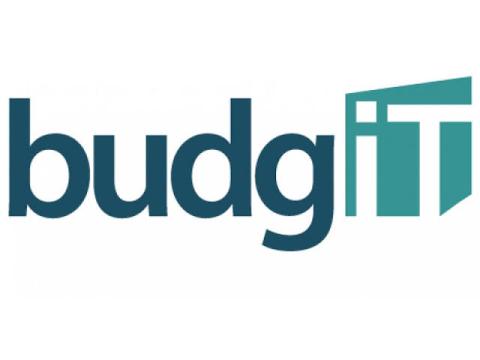
The OBS report, which was recently released, scored Nigeria 22/100 in public participation, 55/100 in budget oversight, and lastly, 21/100 in transparency, which also represents the overall Open Budget Index score.
Unsatisfied by the score of Nigeria in the 2019 Open Budget Survey (OBS) report, BudgIT has called on the Nigerian Government to improve the budgetary process and standard of the country.
The OBS report, which was recently released, scored Nigeria 22/100 in public participation, 55/100 in budget oversight, and lastly, 21/100 in transparency, which also represents the overall Open Budget Index score.
Iyanuoluwa Fatoba, Communications Associate of BudgIT, said the Open Budget Survey is a biennial global, independent and comparative assessment, which evaluates public budget accountability of the national government based on three key metrics - transparency, public participation and Institutional oversight.

She said, “BudgIT hereby enjoins the Federal Government to deepen its measures in ensuring adequate transparency and accountability in its budget process, by ensuring that key budget documents are not just produced in a detailed and timely manner, but also made publicly available to the citizens.
“We also urge the Federal Government to put in place a robust public participatory structure for citizens to engage and provide inputs throughout the budget process, and also augment the oversight function role, played by both the office of the Auditor-General which is the supreme audit institution and the National Assembly in the budget process.
“The survey’s international measure of open, responsive and accountable budgeting has never been more relevant as we face a global pandemic that threatens people and economies and as such, government responses require accountability and oversight now more than ever.”
In the 2017 OBS report, Nigeria had an overall Open Index Score of 17/100 while the newly released 2019 report shows a four-point improvement.
According to the survey, this does not infer that much progress had been made especially when the previously raised underlying issues are still prevalent.